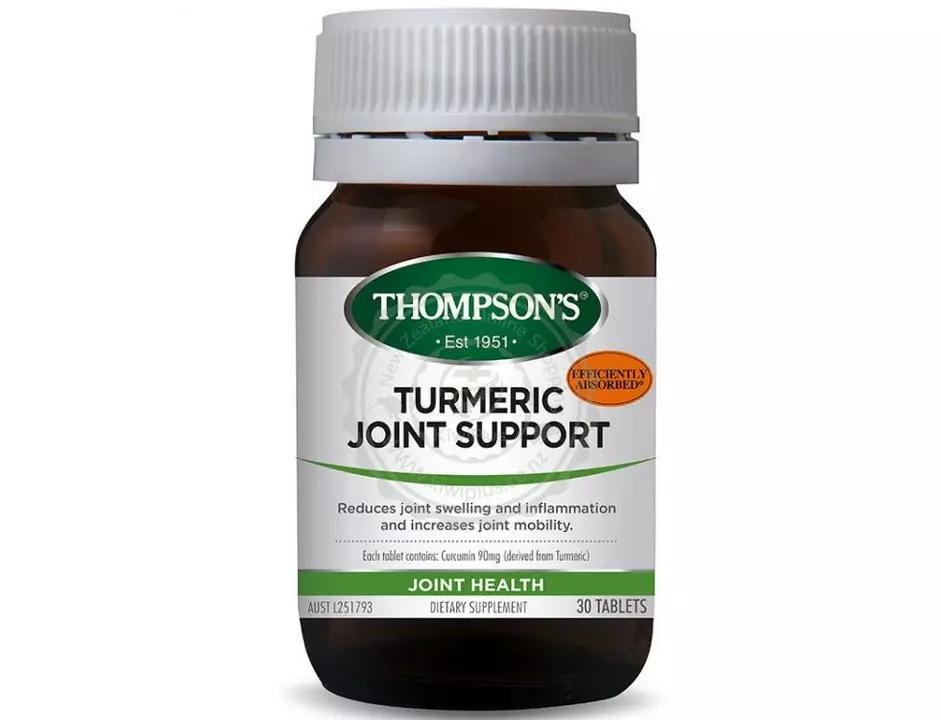Magnolia is more than a pretty tree. The bark contains compounds called honokiol and magnolol that people use in supplements for mild anxiety, sleep support, and stress. You’ll find magnolia extract in capsules, tinctures, and combined formulas with herbs like valerian or lemon balm. If you’re curious whether it’s worth trying, here’s a clear, practical look at what it does, how to use it, and when to be careful.
People most often take magnolia for two things: to relax and to sleep better. Some small human studies and several animal studies show calming effects, and many users report feeling less tense or falling asleep faster. Typical ways to take it:
- Capsules or tablets: the most common. Look for standardized extract with noted honokiol/magnolol content.
- Tinctures: a few drops under the tongue or in water. Good if you prefer liquid forms.
- Blends: magnolia combined with other relaxing herbs for a stronger effect.
Dosages vary by product. Many supplements provide 250–500 mg of magnolia bark extract per dose, or a honokiol amount listed in milligrams. Start low and watch how you feel. If you’re using it for sleep, take it 30–60 minutes before bed.
Magnolia is generally well tolerated, but there are a few practical safety notes. The most common side effects are drowsiness and mild stomach upset. Because it can make you sleepy, avoid driving or operating machines after taking it until you know how it affects you.
Watch for interactions. Magnolia may boost the effects of sedatives, alcohol, and some prescription sleep or anxiety meds. It may also interact with drugs processed by the liver. If you take prescription medications, ask your doctor or pharmacist before adding magnolia.
Avoid magnolia if you’re pregnant or breastfeeding — there isn’t enough reliable safety data. Also be cautious if you have liver disease or severe medical conditions; check with your clinician first.
To pick a good product: choose brands that list extract standardization (honokiol/magnolol amounts), have third-party testing, and show clear dosing instructions. Read reviews but focus on labels and lab reports when possible.
Final quick tips: start with a low dose, use it on nights when you need extra calm rather than every night at first, and track any side effects. If your anxiety or sleep problems are significant, talk to your healthcare provider — magnolia can help some people, but it’s not a substitute for medical care when you need it.

I recently discovered Magnolia, an incredible dietary supplement that can do wonders for our health and wellbeing! This ultimate supplement is packed with numerous benefits such as reducing stress, improving sleep, and supporting digestion. Not only that, but it also helps maintain a healthy immune system and promotes mental clarity. I'm amazed at how this one supplement can address so many aspects of our health. I can't wait to incorporate Magnolia into my daily routine and unlock its full potential!